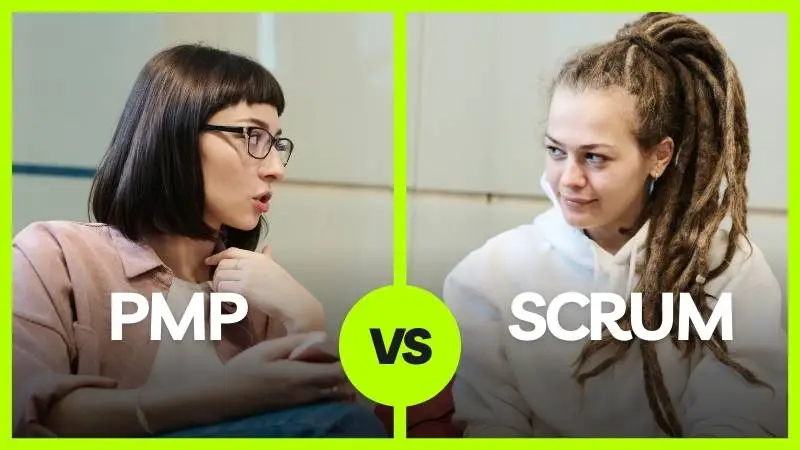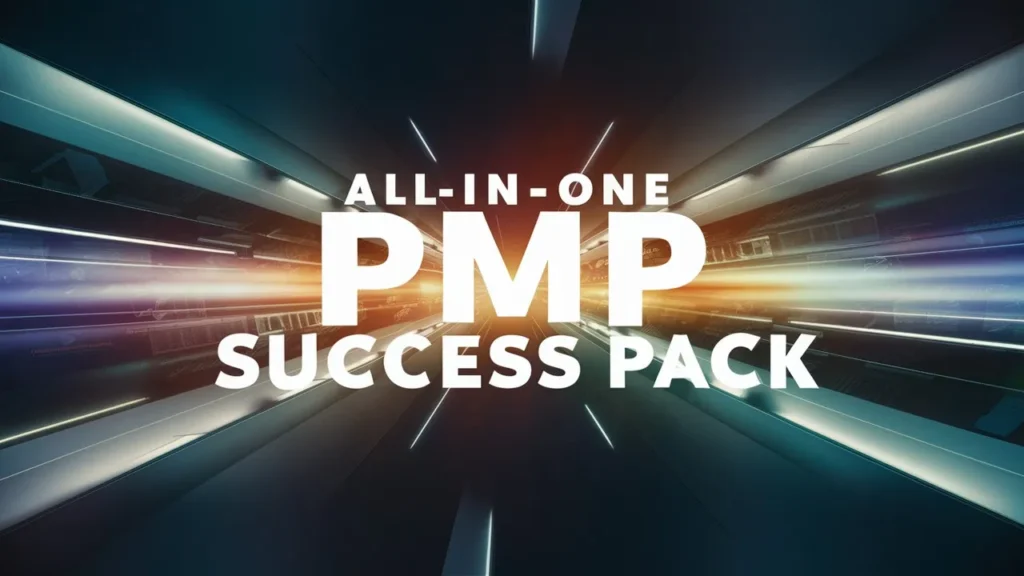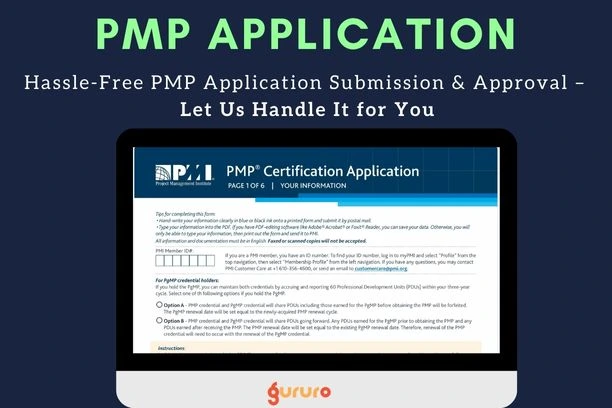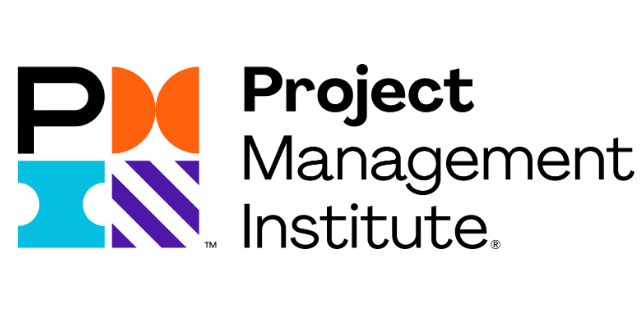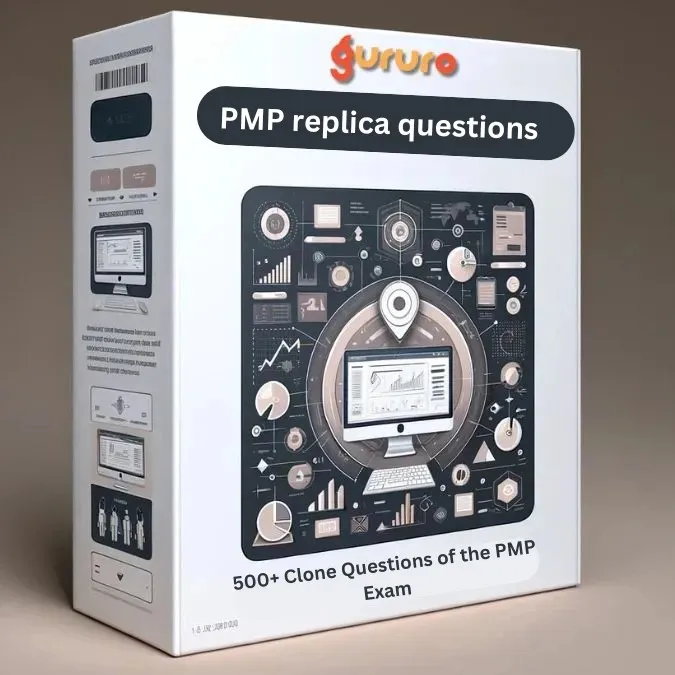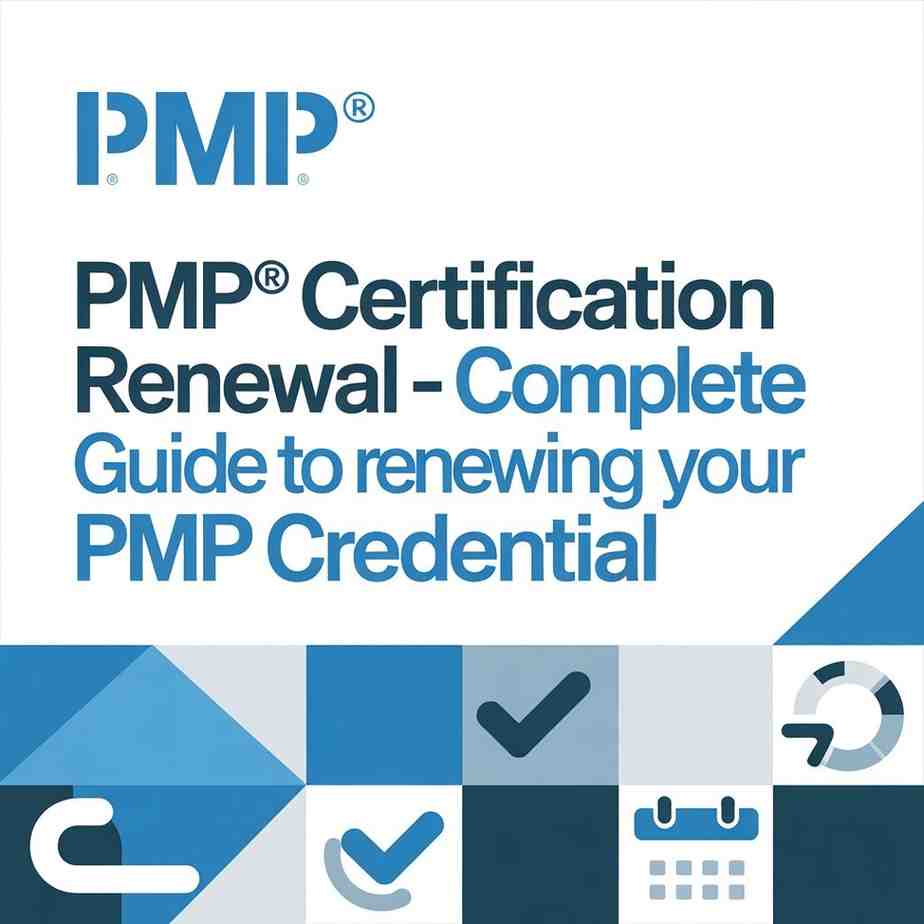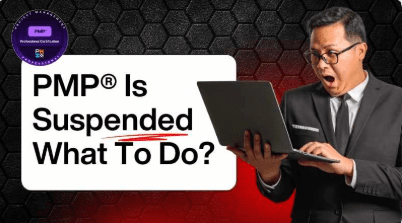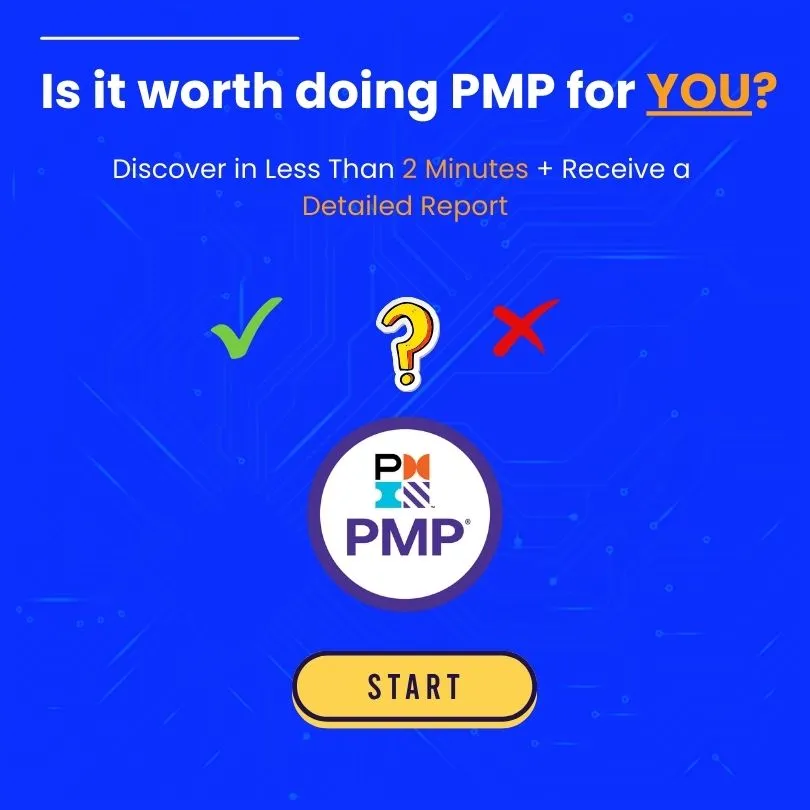In the world of project management, there has always been a debate when it comes to choosing between the PMP (Project Management Professional) and Scrum certification. Both credentials have their merits, but which one should you pursue? Let’s dive deep into this comprehensive comparison of PMP Vs Scrum Certification and help you decide.
Understanding the Basics: What are PMP and Scrum?
- PMP Certification: The PMP (Project Management Professional) is a globally recognized certification managed by the Project Management Institute (PMI). It focuses on traditional project management approaches and encompasses various areas of knowledge, such as scope, time, and cost management.
- Scrum Certification: Scrum is an agile framework for developing, delivering, and sustaining complex products. The most common Scrum certification is the Certified Scrum Master (CSM) managed by the Scrum Alliance, though there are other certifications like CSPO (Certified Scrum Product Owner).
PMP vs Scrum: The Key Differences
- Approach: PMP focuses on a structured project management approach, often suitable for large-scale projects with fixed requirements. Scrum, on the other hand, thrives in environments where requirements can change, and fast-paced iterations are preferred.
- Methodology: While PMP relies more on the Waterfall methodology, Scrum is grounded in Agile practices.
- Roles: In the Scrum framework, roles are distinctly defined with titles like Scrum Master and Product Owner. PMP doesn’t have such specific role titles, focusing more on general project management practices.
- Duration: PMP projects often have longer durations with distinct phases, while Scrum projects operate in short iterations called “sprints”.
Gururo, a PMI Authorized Training Partner (#5718), is excited to offer you our comprehensive PMP® Certification Training Course with our PMP Training Plus Pack:
What’s included:
-
PMP Training Course
-
PMP Exam Simulator 2026
-
PMP Application Service
Get PMP certified in just 5 weeks:
-
📚 35 Contact Hours (PDUs)
-
🎥 40+ hours of on-demand videos
-
📝 14+ simulations with 3000+ questions, aligned with the 2026 PMP Exam format
-
🔍Comprehensive explanations for each question and option
-
🗓️ 365 days of unrestricted access
-
✅ Complete PMP application in 1 day, expert-reviewed with no risk of rejection
-
💬 Connect directly with your mentor
-
🏆 Course Completion Certificate
-
📖 Last-Minute Lecture Notes Recap
-
🔄 Unlimited attempts at quizzes and simulations
-
📊 Progress Tracking & Analytics
-
📂 Project Management Templates
-
🕒 24/7 support
Scrum Master vs PMP: The Job Role Battle
- Scrum Master: Primarily acts as a coach, guiding the team to follow Scrum practices, ensuring impediments are removed and facilitating ceremonies. It’s all about ensuring agility in the process.
- PMP: Takes a broader role in project management, handling budgeting, risk management, stakeholder communication, and more. It’s about ensuring the project is delivered on time, within scope, and on budget.
Which is Better: PMP or CSM?
The answer isn’t straightforward as it depends on individual goals:
- Career Goals: If you’re aiming for a leadership role in traditional project management domains like construction, IT, or finance, PMP might be more valuable. If you’re leaning towards dynamic, fast-paced industries or roles emphasizing agility, the Scrum Master certification would be preferable.
- Industry Demand: In IT and software development, Scrum is rapidly gaining traction. However, industries like construction still rely heavily on traditional project management, making PMP a more suitable choice.
- Personal Preference: If you prefer flexibility, iterative work, and a team-centric approach, Scrum is for you. If you like structure, clear processes, and a top-down approach, go for PMP.
PMP vs. Agile vs Scrum
- PMP: Represents traditional project management methodologies, mostly Waterfall.
- Agile: A philosophy or approach emphasizing flexibility, collaboration, and customer satisfaction. Scrum is a subset of Agile.
- Scrum: An Agile framework with specific roles, ceremonies, and artefacts.
PMP vs. Prince2 vs Scrum
- PMP: Focuses on the skills and knowledge required by project managers.
- Prince2: A structured project management methodology emphasizing processes and templates. Popular in Europe and the UK.
- Scrum: Agile framework suitable for flexible, iterative projects.
Concluding Thoughts: PMP Vs Scrum Certification
- ROI on Investment: Both certifications offer a good return on investment, but the relevance varies. PMP often leads to a higher salary in traditional domains, while Scrum certifications might give an edge in industries valuing agility.
- Learning Curve: PMP has a steeper learning curve, requiring more hours of project management experience and education. Scrum certifications typically require a two-day workshop and an exam.
- Renewal: Both certifications require periodic renewal. PMP requires earning PDUs (Professional Development Units) every three years, while Scrum certifications often require attending Scrum gatherings or earning Scrum Education Units (SEUs).
- In the end, whether you choose PMP or Scrum Master certification, the key is to understand your career goals, industry demands, and personal inclinations. Both credentials can open doors, but the doors might lead to different opportunities.

